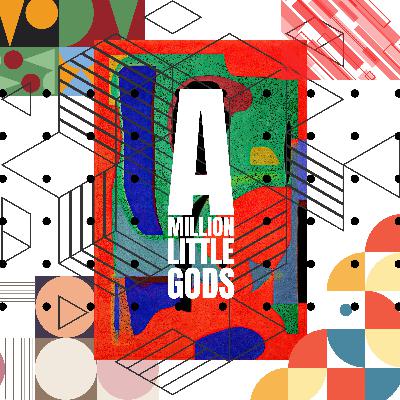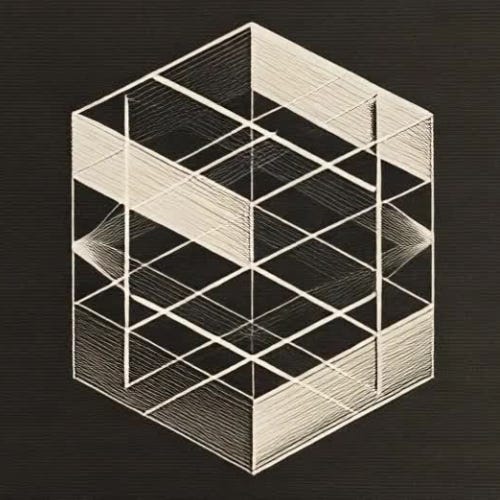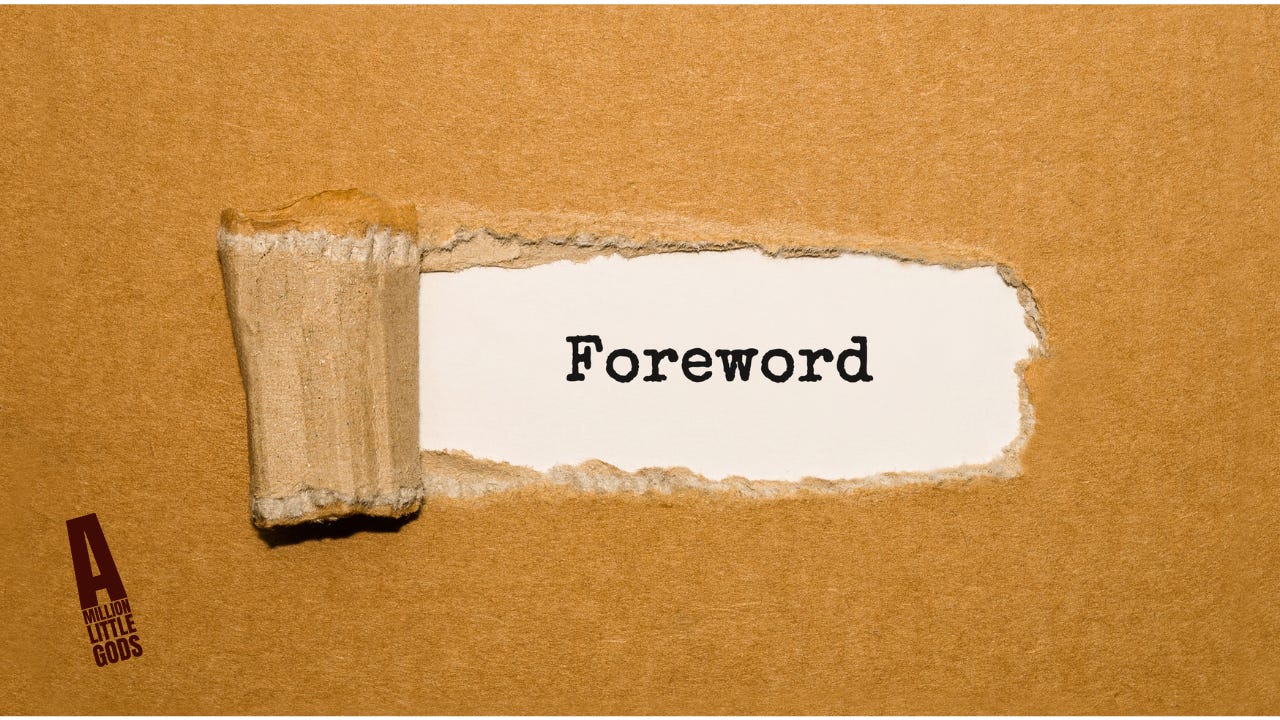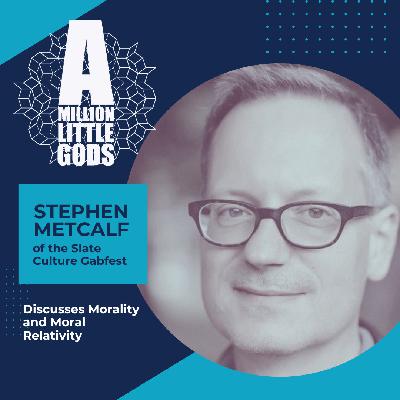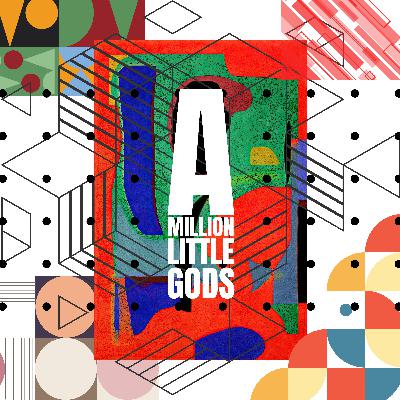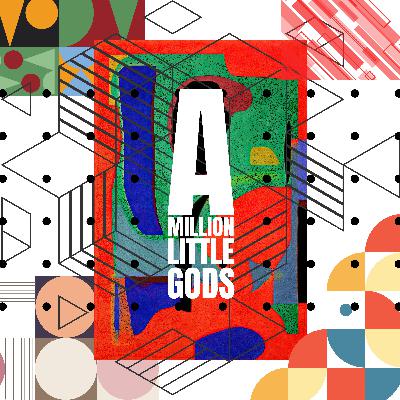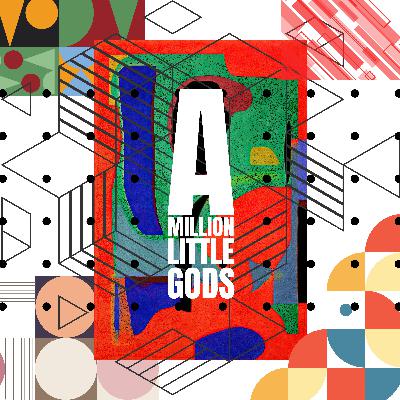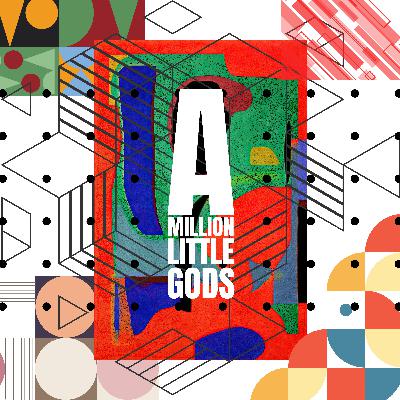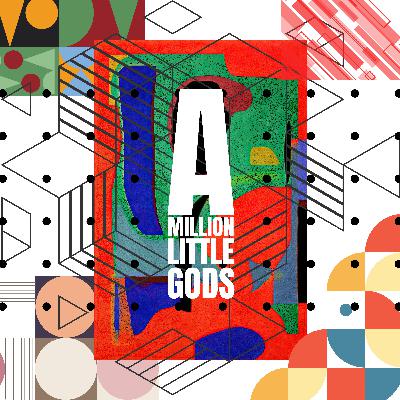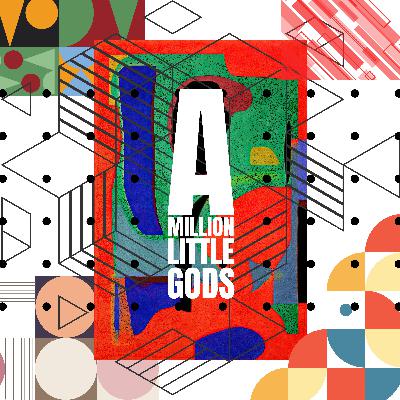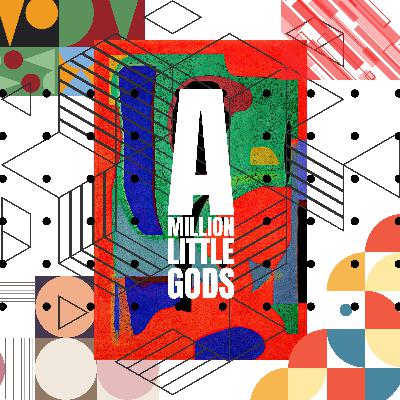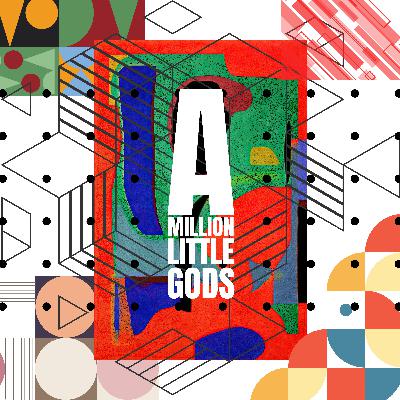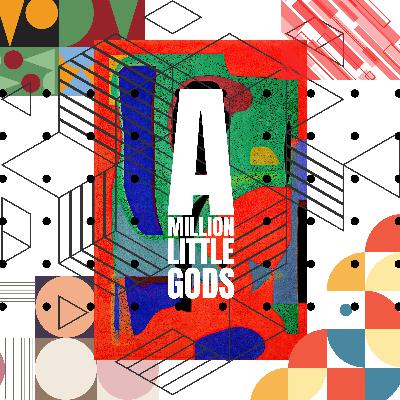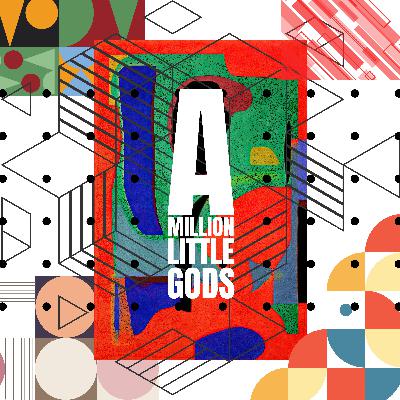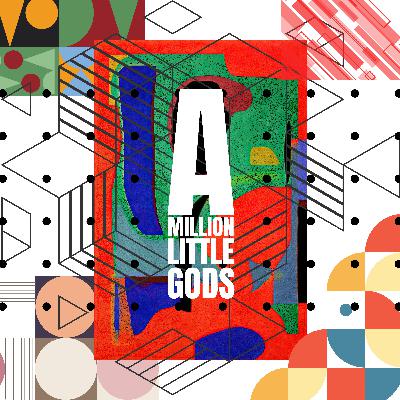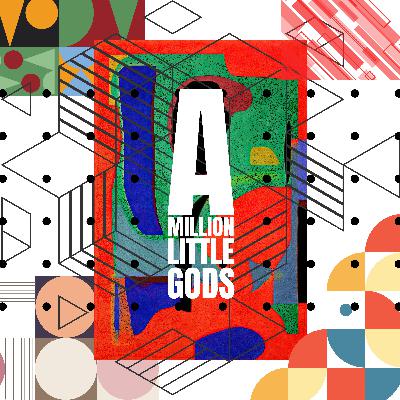Book 3: Introduction – Part One
Description
Uki Goñi was born in the United States. Much to the chagrin of folks whose political fortunes—and embarrassment of power—have lately been restored, that would normally mean that Goñi was an American citizen. But his father was an Argentine diplomat stationed at that country’s embassy in Washington, D.C. when he (Uki) was born. The 14th Amendment to the U.S. Constitution (the first section of which achieved enfranchising freed slaves) does state that anyone born on US soil is “subject to the jurisdiction thereof,” but it excludes the children of foreign diplomats from that jurisdiction.
So, Uki Goñi spent most of his first 14 years living out an American childhood not unlike my own: saying the pledge of allegiance in the courtyard of his local Catholic parish’s parochial school; wearing that AAA Safety Patrol belt the neon color of candied orange peel, making sure his classmates didn’t jaywalk; and hearing stories every November about the exploits of captain Myles Standish, Squanto, Massasoit, and a bunch religious dissenters—who, if they agreed on one thing, it was that they didn’t like Catholics; but who also (crowded in the hull of a beat-up Dutch cargo fluyt anchored in what’s now Provincetown harbor, in November 1620) signed a compact that they would “covenant and combine [themselves] into a civil body politic for their better ordering and preservation.”
But eventually the services of Goñi’s father were needed elsewhere, namely the Argentine diplomatic mission in Ireland. Just as his juices were flowing and his sense of self was taking shape, he landed in the middle of that country’s charms, and its notorious troubles. He was mostly sequestered from those convulsions, though, at a private prep school in Dublin; a place not devoid of its own darkness. His French teacher was dead-eyed and sadistic, and, as it turned out, was a native Breton who had enthusiastically joined the Nazi Schutzstaffel (the S.S.) in the Second World War and who was enjoying protection from prosecution for war crimes.
The strange juxtaposition of earthy homeyness he felt in Dublin with absolute injustice being willfully ignored (or maybe even furtively desired) was jarring—and all the more troublesome when he started getting used to it. But he was happy in Ireland, with high hopes of being a poet and musician. Youthful plans fall apart, however; or the scales fall from your eyes (I guess it depends on how you look at it), and when he turned 19, Uki’s family had to return to Buenos Aires. Having no financial means to stay behind and make his own way, he moved for the first time in his life to the country whose passport he carried.
Normally he would have had to fulfill military duty, but his situation in a diplomatic family gave him some leeway. So he set off in search of a job. His Spanish being tinged (how could it not be?) by flat American and lilting Irish vowels (making finding a job a bit tricker), he turned to the Buenos Aires Herald, the storied English-language daily newspaper, which was preparing to celebrate its centennial anniversary the next year year. And boldly (naively) he asked if they wanted to publish some of his poetry—which they promptly laughed off, saying they didn’t publish poetry, but that he could write some articles for them, if he liked; and if he proved to have a knack, they would hire him. As it happens, he did have a knack, but that might have had more to do with the confluence of factors outside his own proclivities (what people of a different age or bent of mind called destiny.) You see, Uki’s father had been summoned back to Argentina because his country was enduring troubles that—improbably—far outweighed those of Ireland.
Even though it’s chauvinistic, I doubt any American can help but feel like the story of Argentina’s path to Independence sounds a little like some imposter has copied clauses and phrases from a US history book and reassembled them—with a few fake bits to hold up the creaky syntax—into a pastiche about a thinly veiled, fictional, analogue country, whose history takes twists and turns that feel familiar but wind up with a completely different outcome. And the forger has pasted his cancel pages into an 80s hardback with a cocked spine and a plastic foiled dustcover, foxed with studiously sporadic brown dots, and has snuck his fabulation onto the shelves in the the public library of some run-of-the-mill town where no one would find it. But we do.
Spain’s grip on the South American colonies had grown weak because it was distracted by the Napoleonic wars in Europe. Either from valid grievances about colonial trade and yearning to decide their own fate, or simple post hoc justification of their motives (why not both?), Enlightenment ideas swarmed through the mouths, pages and streets of San Migel de Tucumán, Córdoba, and Buenos Aires. Local elites and intellectuals ousted the Spanish viceroy and established a provisional government. And on July 9, 1816, Argentina ratified the Declaration of Independence at the Congress of Tucumán.
General José de San Martín defeated the Spanish, but independence was fraught with internal rivalries between Centralists and Federalists (advocates of provincial autonomy).
Mneh. If he’s gonna stick his forgery on an American library shelf, that’s kind of a confusing way to use the word “federalism.” It’s basically the opposite of the way Hamilton meant it. Whoever this faker is, he spins a good tale, but when it comes to the niceties of style, he’s kind of a hack.
A flourishing sense of national identity among the fiercely independent rural and working-class folks finally achieved something like unity. Throughout the 19th century, leaders like Bartolomé Mitre and Domingo Faustino Sarmiento, prioritized modernization and economic development—but they favored landowners and elites, laying the groundwork for new unrest.
By the early 20th century, industrialization had taken hold on the backs of European immigrants who came in droves, yearning to breathe free, but those immigrants brought along socialist and anarchist ideas, which fueled labor movements, culminating in the formation of the Radical Civic Union, whose leader Hipólito Yrigoyen became the first democratically elected president of Argentina in 1916, with overwhelming support of the working class, who had finally gained the right to vote. And a sense of genuine steadiness settled in for a time.
But then an alternate reality, with its own history—which its inhabitants call American history—infiltrated this reality, causing a rift in its history.
Ho ho man, this guy has gone off the rails.
In that other history, following what they brazenly call the Spanish-American war, the United States, (which these strapping, young people—so cock-sure of their manifest destiny—named themselves) had a good thing going in the western hemisphere, and they did their best to intervene in their neighbors’ affairs to make sure things went to their liking.
I think he’s talking about the Monroe Doctrine, Teddy Roosevelt, “speak softly, but carry a big stick,” and all that.
These “United States” began fighting the so-called “Banana Wars”; supposedly policing the “ne’er-do-well” tropical states with their “corrupt and lawless” politicians. But that alternate reality was not left untinged by its encounter with this one. A figure not known to many in that alternate reality—because there were t

